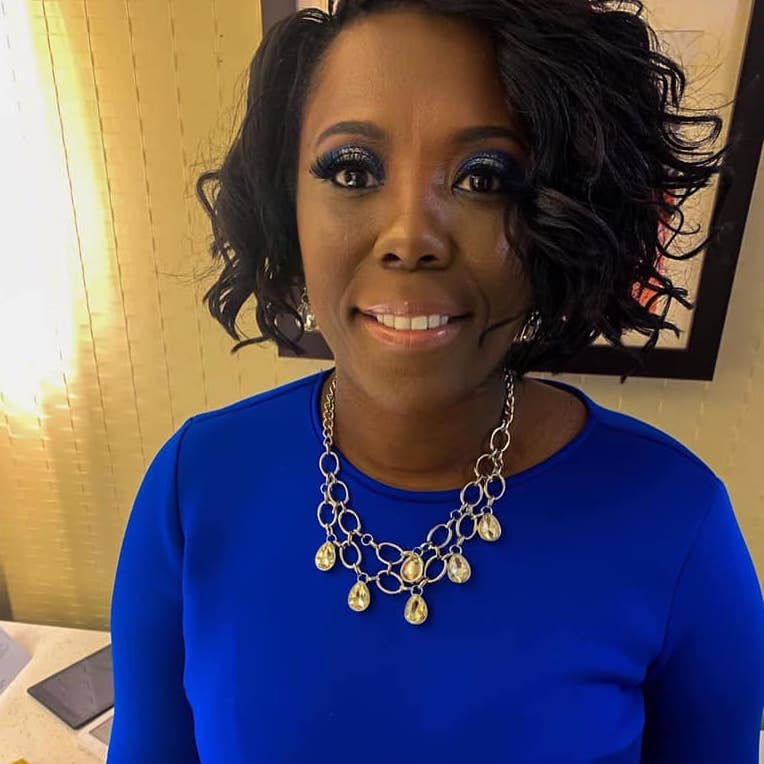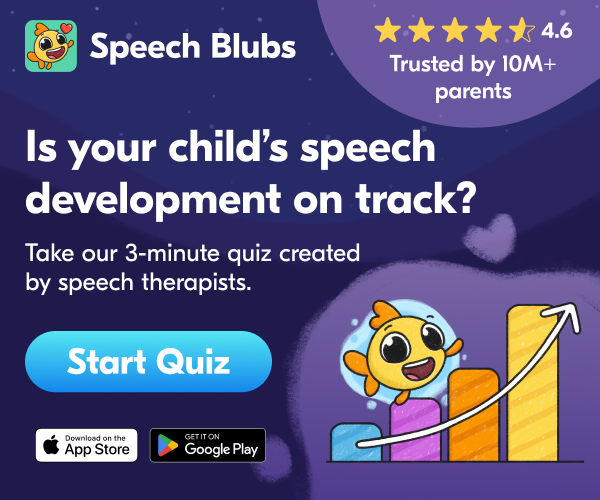I’m Dyslexic and My Preschooler Wants to Read: What Next?
In This Article
- What is Dyslexia?
- Dyslexic Parents should Read as Much as Possible, Too!
- Don’t Worry, You’re Good Enough
- Activities for Early Readers
- Sign Language
For parents who have had challenges related to reading for most of their lives, reading and teaching one’s child how to read can be a scary process. Even with these challenges, parents who are dyslexic can help their kids enjoy reading. Encouraging their child to love to read picture books, then chapter books will result in increased brain development.
What is Dyslexia?
According to the International Dyslexia Association, dyslexia is a specific brain-based learning disorder. For those with a diagnosis, reading is an everyday challenge.
https://www.youtube.com/watch?v=zafiGBrFkRM
The reason is dyslexia impacts one’s spelling, decoding, and/or the ability to recognize words effectively. If you are a parent who has found reading to be difficult over the years, you know what it feels like emotionally to work hard to sound out words only to be corrected and say “try again” or “that is not right.” You know the mental anguish and toll it takes just to get a short sentence out smoothly. You know this because this has been your life for many years. Having children invariably leads to asking what next. I know I wondered what it would mean for my family when my child brings me his/her first book and says “Mommy/Daddy, read please.”
Here are some tips for overcoming your dyslexia:
Dyslexic Parents should Read as Much as Possible, Too!
Generally, parents try to read as much as possible to children. They know that at this young age, they are unable to determine if you are reading the information correctly. Kids just know that their awesome mommy or daddy shows them pictures and reads words with amazing voices that make reading fun and exciting.
Yet, as you help your child to be an early reader, you might wonder, “Will my child be dyslexic like me?” or “Is dyslexia a genetic condition?” In my experience working as a school psychologist, these are not hard or fast Yes or No answers. I have seen cases where a child does not have issues with reading, and other cases where reading is challenging. In both cases, it’s only important that parents think of creative ways of reading in those critical early preschool years.
Don’t Worry, You’re Good Enough
You just might not be ready. It’s understandable if you don’t want your child to know you have a reading problem, and/or to be the reason your child can’t read in those critical years.
Guess what? You will not. The fact that you recognize that this is hard for you is the first step to helping your child learn how to read. Think about it. When you first learned how to tie your shoes or possibly ride a bike, it came with trial and error. The more you practiced the process, the easier it became. The same is true in teaching your early reader. The more you practice using the books that you are comfortable with, the easier it will be to model those reading skills to your child.
Activities for Early Readers
Here are a few suggestions to help you to understand that with early readers it is more about the pictures and creating a storyline, compared to the actual words on the pages.
Be animated in your speaking while you point to the pictures. This is a great way to teach your child how to read.
Another way is to have your child share what they think will happen in the story based on the pictures alone. Depending on the age of the child and the storyline, you can take the story and (1) play an easy game of charades; (2) pretend to be in a theater production; or (3) make a song out of it. These are fun ways to make reading come alive when the words on the page are challenging.

Other activities that may be fun for you and your early reader are to take a walk through a park or on a trail and name the flora and fauna that you see.
Another idea is to add music, as I mentioned before. Music is another way to help your child learn to expand their vocabulary. Just look up the lyrics online and help your child pair the visual words of the lyrics with what they hear.
Sign Language
Using sign language is another way to expand your child’s vocabulary as it pairs physical movements with concrete words. If you want a little extra fun and don’t mind a little mess at home, add some shaving cream on the table or get them to write words while drawing or painting pictures. There are many ways to expand your child’s vocabulary besides reading a book.

As I always tell the families that I work with in schools, you have to do what works best for you and your family. There are not any hard or fast rules to teach reading.
Find what works best for you and your family and just do it!
 By Dr. April J Lisbon
By Dr. April J Lisbon

